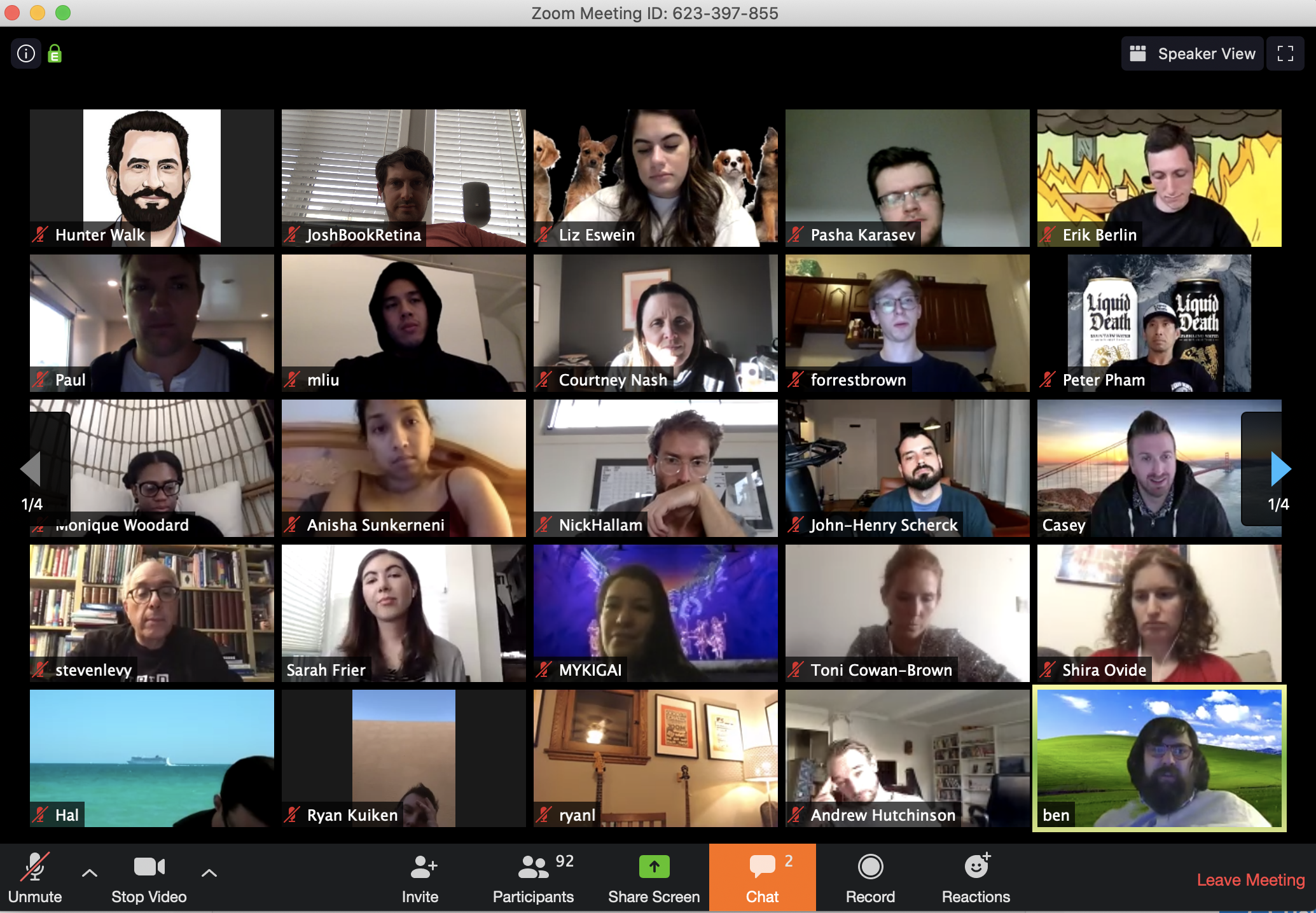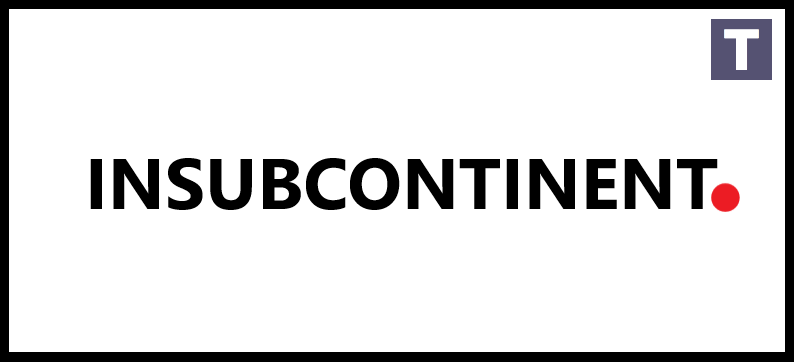Zoom is making some drastic changes to prevent rampant abuse as trolls attack publicly shared video calls. Starting April 5th, it will require passwords to enter calls via Meeting ID, as these may be guessed or reused. Meanwhile, it will change virtual waiting rooms to be on by default so hosts have to manually admit attendees.
The changes could prevent &Zoombombing,& a term I coined two weeks ago to describe malicious actors entering Zoom calls and disrupting them by screensharing offensive imagery. New Zoombombing tactics have since emerged, like spamming the chat thread with terrible GIFs, using virtual backgrounds to spread hateful messages or just screaming profanities and slurs. Anonymous forums have now become breeding grounds for organized trolling efforts to raid calls.

Just imagine the most frightened look on all these peoplefaces. Thatwhat happened when Zoombombers attacked the call.
The FBI has issued a warning about the Zoombombing problem after childrenonline classes, Alcoholics Anonymous meetings and private business calls were invaded by trolls. Security researchers have revealed many ways that attackers can infiltrate a call.
The problems stem from Zoom being designed for trusted enterprise use cases rather than cocktail hours, yoga classes, roundtable discussions and classes. But with Zoom struggling to scale its infrastructure as its daily user count has shot up from 10 million to 200 million over the past month due to coronavirus shelter-in-place orders, itfound itself caught off guard.

Zoom CEO Eric Yuan apologized for the security failures this week and vowed changes. But at the time, the company merely said it would default to making screensharing host-only and keeping waiting rooms on for its K-12 education users. Clearly it determined that wasn&t sufficient, so now waiting rooms are on by default for everyone.
Zoom communicated the changes to users via an email sent this afternoon that explains &we&ve chosen to enable passwords on your meetings and turn on Waiting Rooms by default as additional security enhancements to protect your privacy.&
The company also explained that &For meetings scheduled moving forward, the meeting password can be found in the invitation. For instant meetings, the password will be displayed in the Zoom client. The password can also be found in the meeting join URL.& Some other precautions users can take include disabling file transfer, screensharing or rejoining by removed attendees.

NEW YORK, NY & APRIL 18: Zoom founder Eric Yuan reacts at the Nasdaq opening bell ceremony on April 18, 2019 in New York City. The video-conferencing software company announced itIPO priced at $36 per share, at an estimated value of $9.2 billion. (Photo by Kena Betancur/Getty Images)
The shift could cause some hassle for users. Hosts will be distracted by having to approve attendees out of the waiting room while they&re trying to lead calls. Zoom recommends users resend invites with passwords attached for Meeting ID-based calls scheduled for after April 5th. Scrambling to find passwords could make people late to calls.
But thata reasonable price to pay to keep people from being scarred by Zoombombing attacks. The rash of trolling threatened to sour many peopleearly experiences with the video chat platform just as itbeen having its breakout moment. A single call marred by disturbing pornography can leave a stronger impression than 100 peaceful ones with friends and colleagues. The old settings made sense when it was merely an enterprise product, but it needed to embrace its own change of identity as it becomes a fundamental utility for everyone.
Technologists will need to grow better at anticipating worst-case scenarios as their products go mainstream and are adapted to new use cases. Assuming everyone will have the best intentions ignores the reality of human nature. Therealways someone looking to generate a profit, score power or cause chaos from even the smallest opportunity. Building development teams that include skeptics and realists, rather than just visionary idealists, could keep ensure products get safeguarded from abuse before rather than after a scandal occurs.

- Details
- Category: Technology Today
Read more: Zoom will enable waiting rooms by default to stop Zoombombing
Write comment (90 Comments)With movie theaters largely closed due to the COVID-19 pandemic, Disney is pushing back its slate of upcoming films. And at least one movie won&t be making it into theaters at all, with &Artemis Fowl& heading straight to streaming instead.
The company announced today that the film will debut exclusively on Disney+, and that the release date will be revealed soon.
All of the Hollywood studios are scrambling to adapt to the theatrical closures. NBCUniversal broke the theatrical window by releasing &The Hunt,& &The Invisible Man& and &Emma& as streaming rentals while they were ostensibly still in theaters, and it will release &Trolls World Tour& digitally on April 10 — the same day as its official theatrical release.
Other studios followed suit. There were also reports that Paramount struck a deal to debut the Kumail Nanjiani/Issa Rae comedy &The Lovebirds& on Netflix instead of in theaters, but therebeen no announcement or release date yet.
Disney, meanwhile, already brought &Frozen 2& to Disney+ early, then took more aggressive steps for the Pixar film &Onward,& which went on-sale digitally just a few weeks after its release in theaters, and is launching on Disney+ today.
Directed by Kenneth Branagh, &Artemis Fowl& tells the story of a young criminal mastermind of the same name, and itbased on a series of young adult fantasy novels by Eoin Colfer. It was originally scheduled for release on August 9, 2019, before being delayed until May 29 of this year.
So why not delay it again, as Disney is doing with other films? It may simply be less of a sure bet in theaters than &Mulan,& &Black Widow& or even &Jungle Cruise.&
&Director Kenneth Branagh and his spectacular cast take viewers right into the vibrant, fantasy world of the beloved book, which fans have been waiting to see brought to life onscreen for years,& said Disney+ President of Content and Marketing Ricky Strauss in a statement. &Itgreat family entertainment that is the perfect addition to Disney+summer lineup.&

- Details
- Category: Technology Today
Read more: ‘Artemis Fowl’ is skipping theaters for Disney+
Write comment (97 Comments)
